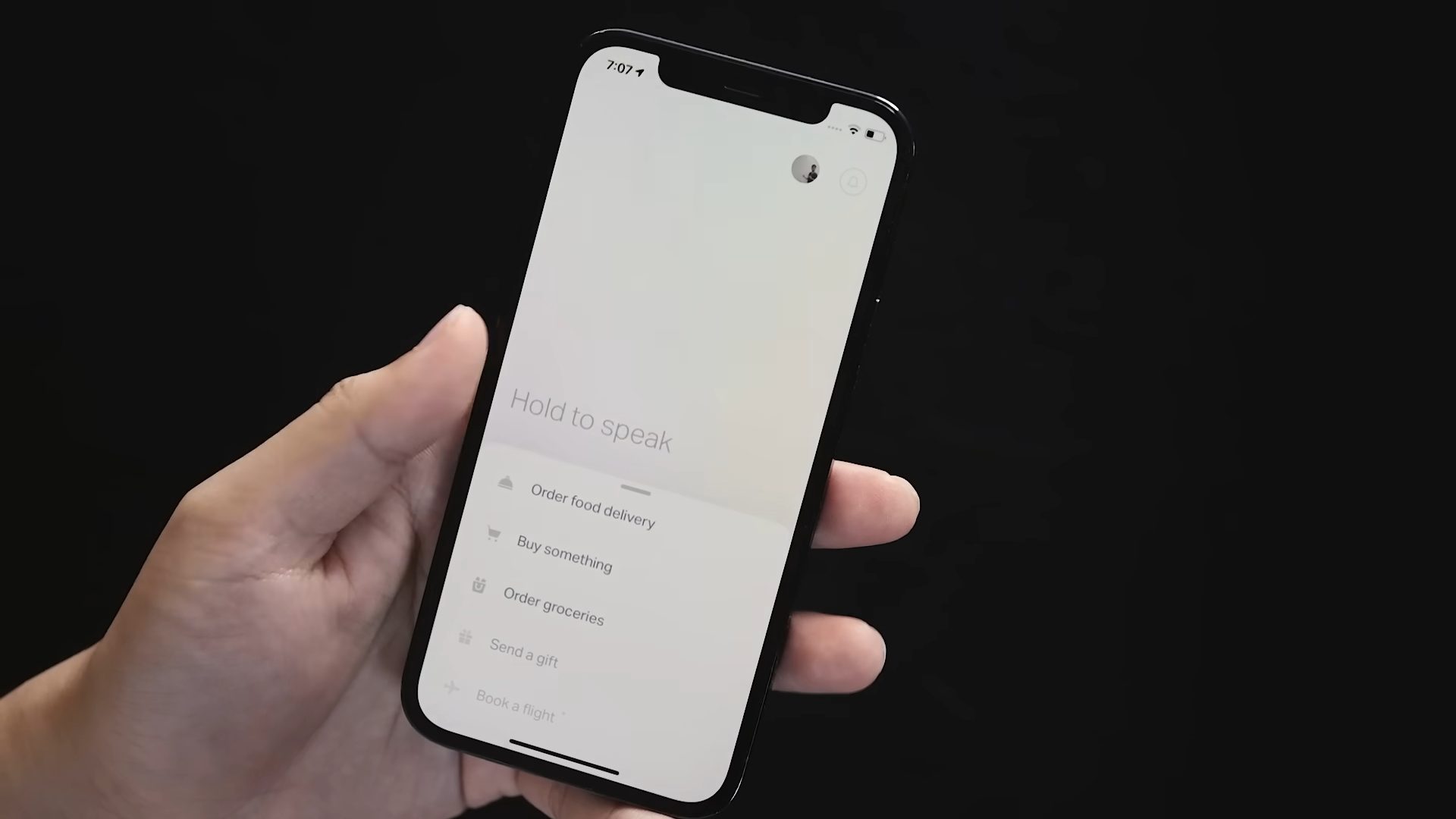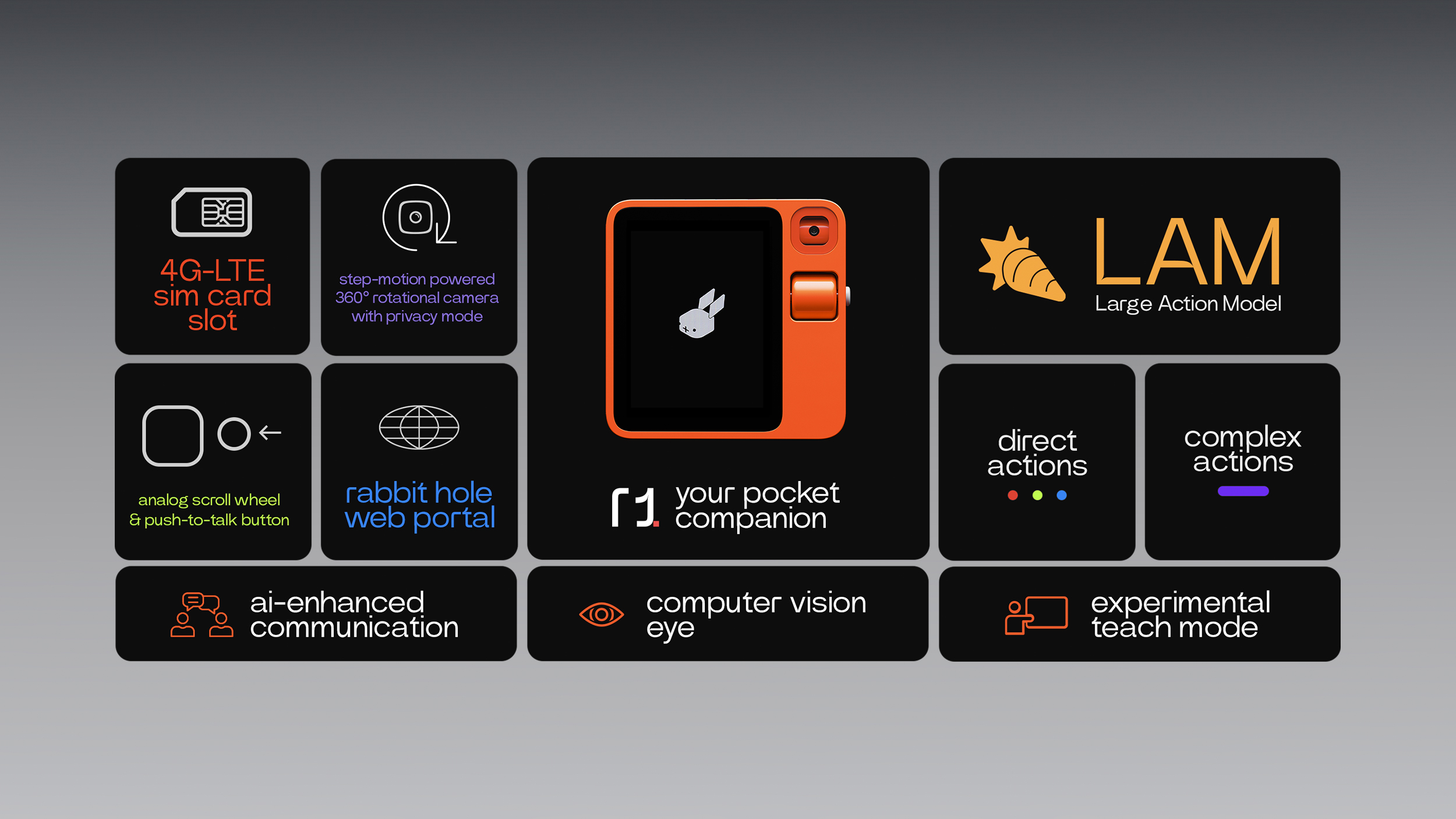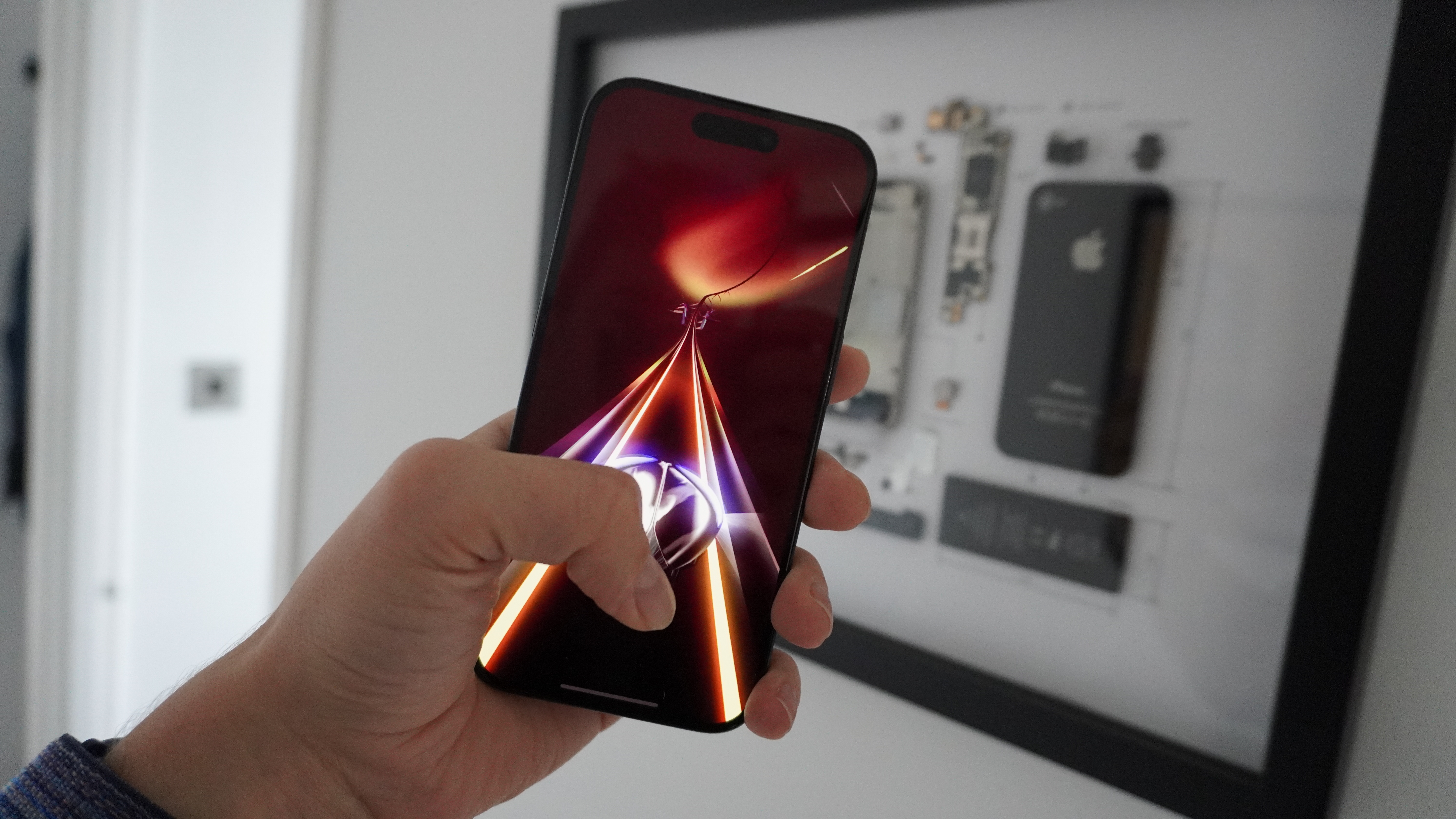AI could kill the modern phone as we know it — just don't count on it soon
The evolution of AI on phones

Sign up to receive The Snapshot, a free special dispatch from Laptop Mag, in your inbox.
You are now subscribed
Your newsletter sign-up was successful
Voice assistants and mobile apps have intertwined histories. Siri, the assistant that exposed many to voice assistants, started out as an app before being integrated into iOS. Even today, Google Assistant can be activated within the Google app on iOS or on Android if, for example, you prefer another voice assistant as a default. The leading contender would be Alexa, which is also available as a mobile app. ChatGPT, on the other hand, started out on the web, but launched its mobile app last May. More recently, Microsoft and Google have brought AI interfaces to dedicated mobile apps.
But long before ChatGPT raised questions of how AI will change everything, simple voice assistants posed a question. If you’re so smart, why do I need to keep doing so much on my phone with apps? Why do I even need to know which apps to have? In 2019, Google followed up an impressive demo of its Duplex technology that could make restaurant reservations by phone with a demonstration of it making a car reservation, automating a path through a car rental company’s app. But years later, such a task still typically involves visiting the website or app of a trip booking company like Expedia or a car rental company such as Avis or Enterprise. Google, which had launched Duplex on the web to offer automations for other websites, shut down that effort just after the launch of ChatGPT at the end of 2022. Something about the generative AI mandate seems to demand cutting ties with previous efforts. Isn’t that so, Cortana?

Voice assistants simply lacked the functionality to deliver an experience useful enough to substitute for app-based tasks. But in 2021, I wrote about a new app called Natural that focused on using AI to complete tasks such as booking flights and buying gifts without taking you through app experiences. The company that developed it, Brain.ai, recently took the stage at Mobile World Congress to announce that it was working with Deutsche Telekom’s private-label phone group (which produces the company’s T-Phone outside the U.S. and the Revvl devices for T-Mobile U.S.) to release the world’s first app-free phone experience by accessing Natural right from the home screen. However, Brain.ai founder Jerry Yue acknowledges that the idea of an app-free smartphone is still aspirational and that the device will support apps.

Given that, the claims of a first app-free experience could be reasonably challenged by Rabbit, the startup that stood out at CES with a video demonstrating a small mobile device that doesn’t run Android or any other app-driven OS. All of Rabbit’s intelligence lives in the cloud where it uses a mix of Brain.ai-style API access and what it calls neuro-symbolic techniques to take a next-generation Duplex approach to navigating web-driven tasks without users having to interact with them beyond authentication, which can be done in advance. But even if the Rabbit device can do anything you can do with an app, that doesn’t mean it does it as well. In one demo, Rabbit founder and CEO Jesse Lyu shows what may be the most awkward way ever to add a column to an Excel spreadsheet by using the Rabbit device to issue a command and then having the service email back a revised version of the spreadsheet. The point is that Rabbit’s tech can work with traditional desktop applications, not just frothy mobile social apps.

The web started out hosting only content (predominantly text) and can now handle a critical mass of features that previously required desktop apps, AI technologies from companies such as Brain.ai and Rabbit show that AI is progressing from generating content to getting things done (beyond such assistant mainstays as home device controls). While they have taken two different device approaches (Natural’s smartphone interface overlay versus Rabbit’s simplified phone), they could work on any number of smartphones or even dumb phones. But that doesn’t mean apps are going away any time soon. Even if one of these technologies assimilated all the drudgery that apps navigate tomorrow, that would have little bearing on what is by far the largest category of smartphone apps: games. In the long run, though, phones that dispense with apps could reduce the need for phones with big screens and powerful processors, the devices that have fueled the mobile games market.
Sign up to receive The Snapshot, a free special dispatch from Laptop Mag, in your inbox.

Ross Rubin is the founder and principal analyst at Reticle Research. Ross has been an industry analyst focusing on innovation in the technology, media and telecom markets for over 20 years. Prior to founding Reticle Research, he was executive director and principal analyst at The NPD Group, where he provided analysis on a wide range of technology topics and led research spanning devices, access and content. You can follow him on X and Threads @rossrubin.
